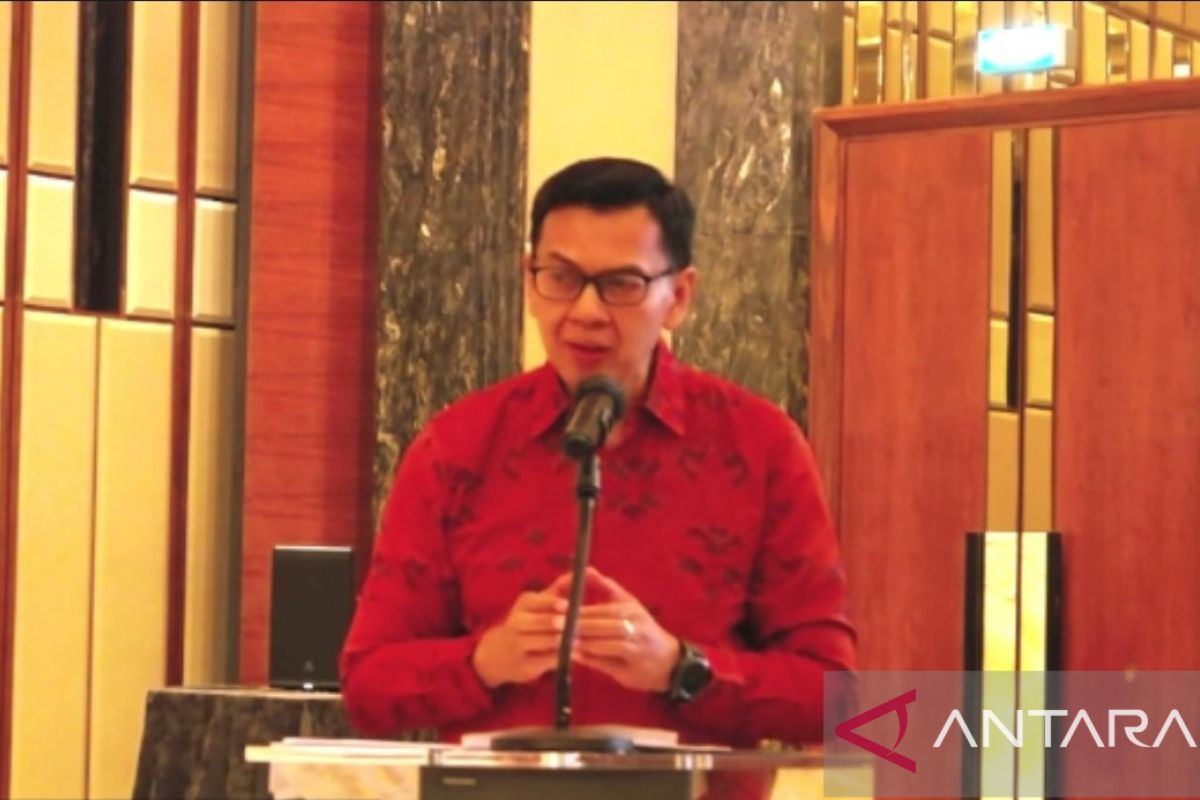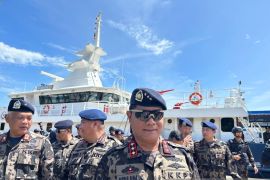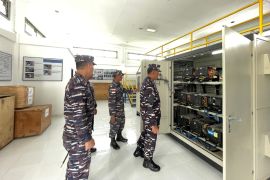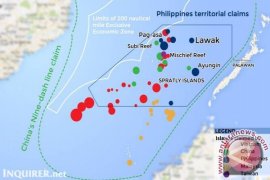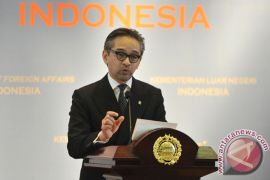To properly address the issue, we need to understand that we are in the same boat and must work together to change for a better futureJakarta (ANTARA) - All parties are urged to strengthen collaboration and cooperation to address climate change and its adverse impacts, an official stated.
“We must strengthen collaboration and cooperation among participants, with a view to addressing our common challenges. The South China Sea region is definitely not immune to climate change and its adverse impacts, such as the rising sea levels and impacts on coastal communities,” Head of the Foreign Policy Strategy Agency, Ministry of Foreign Affairs Yayan G.H. Mulyana stated during the opening of the 31st Workshop on Managing Potential Conflict in the South China Sea here, Wednesday.
Several coastal Asian cities are at risk from sea level rise and extreme sea levels. During the 1989-2014 period, extreme sea level disasters caused losses amounting to US$11.7 billion, resulted in 156 deaths, and affected 13.4 million people.
"To properly address the issue, we need to understand that we are in the same boat and must work together to change for a better future," Mulyana affirmed.
Climate change and the pandemic have been disrupting the global supply chain that also slows down the global economy.
"As one-third of the global trade occurs through South China Sea, we need to tackle these challenges. We must work together for maximizing the use of science, data, technology, and innovation," he said.
"It is within this context, the 17th Working Group Meeting on the Study of Tides and Sea Level Change and Their Impacts on Coastal Environment in the South China Sea and the 31st Workshop on Managing Potential Conflict in the South China Sea provide an important platform for the sharing of experiences and project proposals on the study of tides and sea level change and its impact on the coastal environment in the South China Sea," he remarked.
It is also within this context, the Organizing Committee is keen to invite all participants to visit the “Mangrove Nature Park" in North Jakarta to offer a broader understanding on how the private sector and the Government of Jakarta actively join hands in addressing the effects of land subsidence and sea level rise by protecting the coastal areas from aggressive abrasion, Mulyana affirmed.
In addition, all parties must continue to nurture a habit of conversation, dialog, and collaborations to pave the way for the future generation.
"With rapid changes in the social and political landscapes, the best way to prevent potential conflicts is by conducting constant and continuous dialogue and communication, through which we are able to create viable and joint solutions," he stated.
Related news: Network necessary for data synergy to handle extreme weather: BMKG
Related news: Climate change-triggered disruption to development reaches 3-5 percent
Related news: Plantation sector can help overcome climate change: BRIN
Reporter: Azis Kurmala
Editor: Sri Haryati
Copyright © ANTARA 2022
